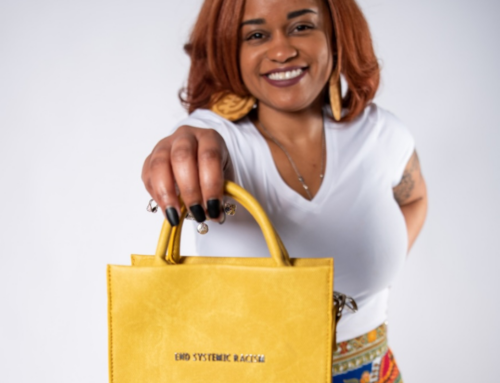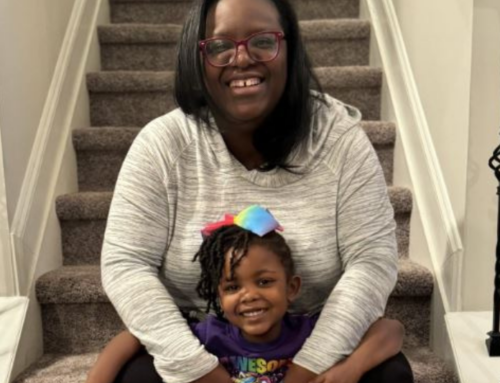Sticks and Stones may break your bones and words can hurt or heal.
There is a difference between thinking before we speak and being thoughtful about the words we speak. Words themselves make a difference for they form images and response based on experiences and associations. Our mental models, implicit biases, and trauma experiences show up to respond to the interpretive call.
The power of words to create response has been demonstrated throughout time. Dr. Martin Luther King Jr.’s use of language empowered a movement. His words transcended his death and time to inform ways in which a broader population can do good and move towards equity. Who can forget the power of dreaming about a time when people are judged based on the content of the character rather than the color of their skin. The use of language by others has incited individuals and groups of people to commit acts of violence and participant in creating or perpetuating harm.
We know of the power of words to invoke responses on a physical level. Stop. Danger. Enemy. What is sometimes less clear is whether the language creates a condition and under what circumstance. A few years back I was doing some work around the impact of self talk. I was asked to repeat a phrase until I actually began to believe it and accept it as my own reality. I had the opportunity to show the power of words during a presentation on the Body/ Mind/ Belief connection when I was confronted by a heckler in the audience. He was a large strong man, loud and disruptive to the group. He didn’t want to be at that presentation and was not happy. I told him that I would release him from the presentation with full credit for his attendance if he would be willing to help me with a little demonstration. He agreed feeling certain there was nothing of value for him that could be gained by his participation. I asked him to hold his arm straight out to his side and to resist me as I attempted to push his arm down with my hand. As I suspected he was fairly strong, and I could barely make his arm move. Then, I ask him to repeat the words “ I am weak and worthless” three time out loud. He laughed. I said he didn’t have to believe the words, just say them. Afterwards, I asked him to once again raise his arm and resist my attempts to lower it. With two fingers on his arm, I was able to collapse his arm to his side. The look of shock on his face said it all. I had him repeat the words, “ I am strong and powerful” three times out load and attempted again. You can guess the results.
What we say to ourselves to others, does matter. It makes a difference, and whether we are putting words that mend or word that tear into the world can impact our collective outcomes.
Think about Dr. King and how his use of language empowered a movement. How can we learn from the way he articulated messages to invoke action and stimulate positive change? While his loss was devastating, it could also be seen as a catalyst for the movement. Government and the CDC’s ban on language does a disservice to our work in many ways. If you can’t even name something, how do you intend to work on improving it?
Our work has been directly impacted by word choices by federal funders and partners. From the now famous 7 words that the CDC is encouraged to avoid in their funding requests to, perhaps the lesser known, Office of Juvenile Justice and Delinquency Prevention (OJJDP) shift from “multi-system youth” to “offender”. These words matter. It matters that science based and evidence based are terms that have been diluted by that guidance. It sends a message that evidence and science are not as important in policy, funding and program implementation. It is scary. The OJJDP word shift conveys a message about how our system thinks about young people who are involved in their system. It reverses what we believe to be the right direction of more emphasis on rehabilitation and support rather than punishment.
CM has been promoting an intentional use of language since our formation. We believe that in cross system collaboration the use and definition of terms is a necessary first step when coming together. We also believe that in an attempt to be culturally responsive, it is imperative to be aware of and curious about the language of others.
There is another way in which CM incorporates a focus on language in our work. We work with a wide variety of individuals who all need to reach a shared understanding of conditions, challenges, and current thinking in order to move collectively toward change. Language can be too academic or distant from the experiences of youth, caregivers, community members, providers and administrators. In fact, there is no individual who is well versed in the accepted language of other stakeholders. CM ensures that in every facilitated dialogue, planning process, training or really anything else we do, that words, terms, labels and acronyms are surfaced and defined by the group with an eye towards external messaging.
Lots of opportunity to create change in language and a lot of ways to use language to create change! Change sometimes begins with a recognition that words mean so many things to so many people. What words will you use to heal, engage and make change?
Resources on Language:
Word Choice
- Tolerance.org’s Classroom Resource for Analyzing Bias in Word Choice
- Simply Home’s blog on the Top 10 Ways to Embrace Person-Centered Language
- University of New Hampshire Bias-Free Language Guide (pdf)
- Relias blog on What is Trauma Sensitive Language?
Framing
- Berkeley Media Studies Group’s Framing 101
- Makani Themba’s Essay, Disrupting the Discourse: Framing at the Intersection of Racism and Opportunity (pdf)




